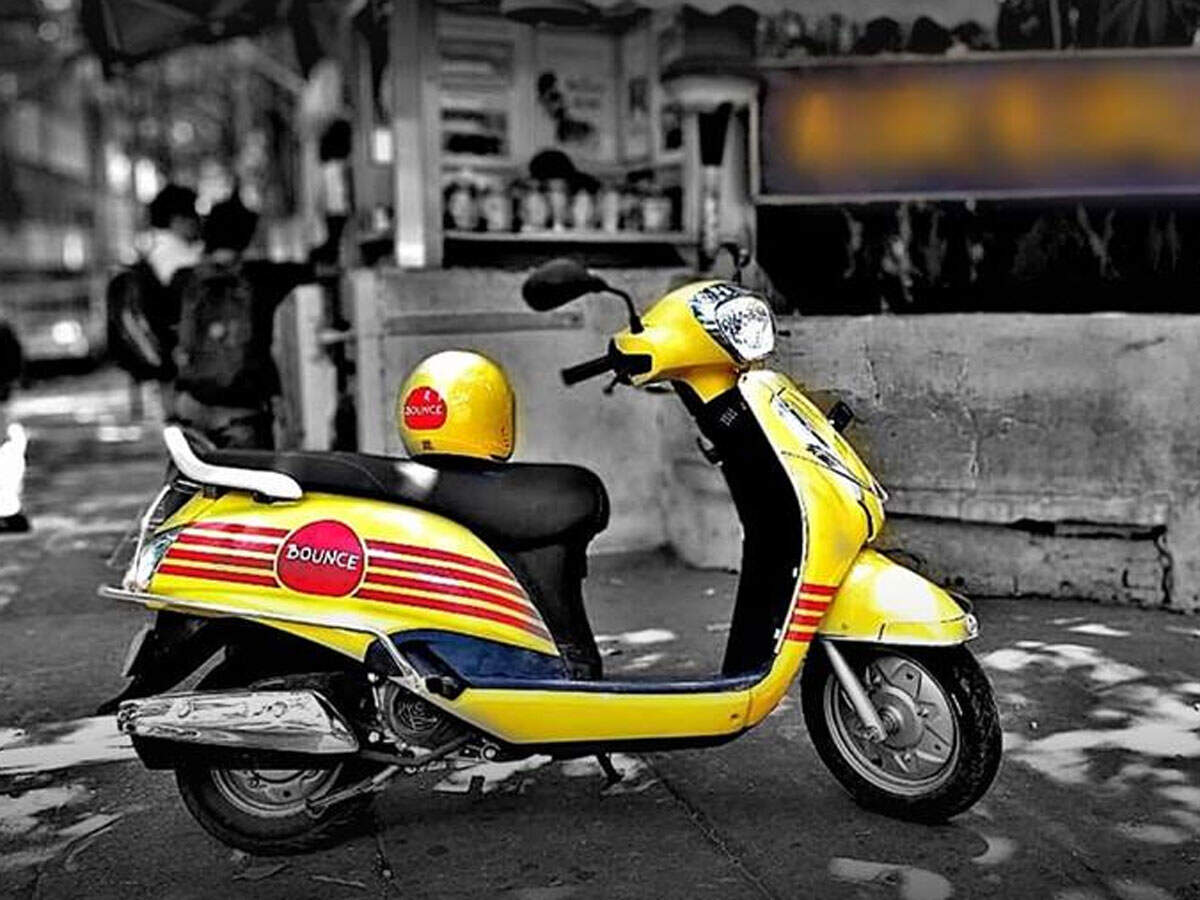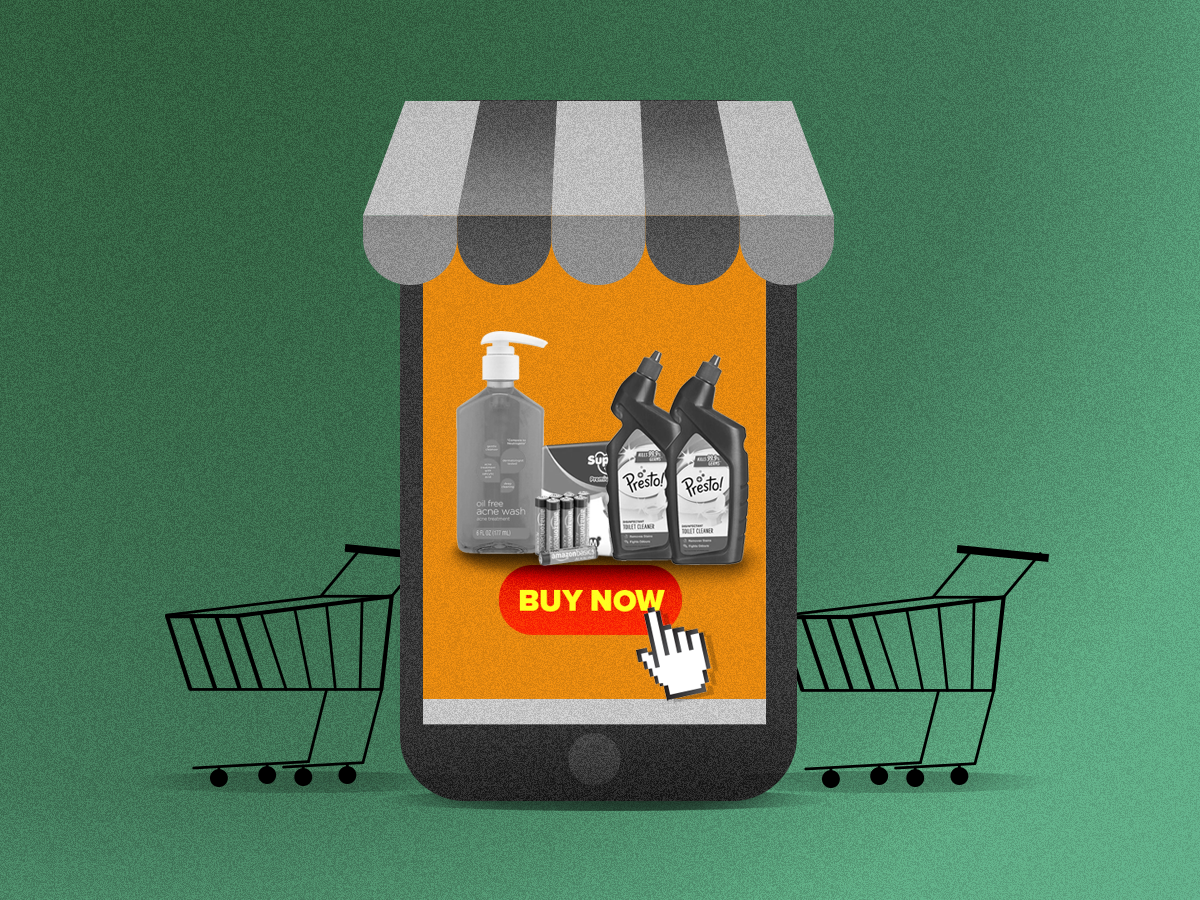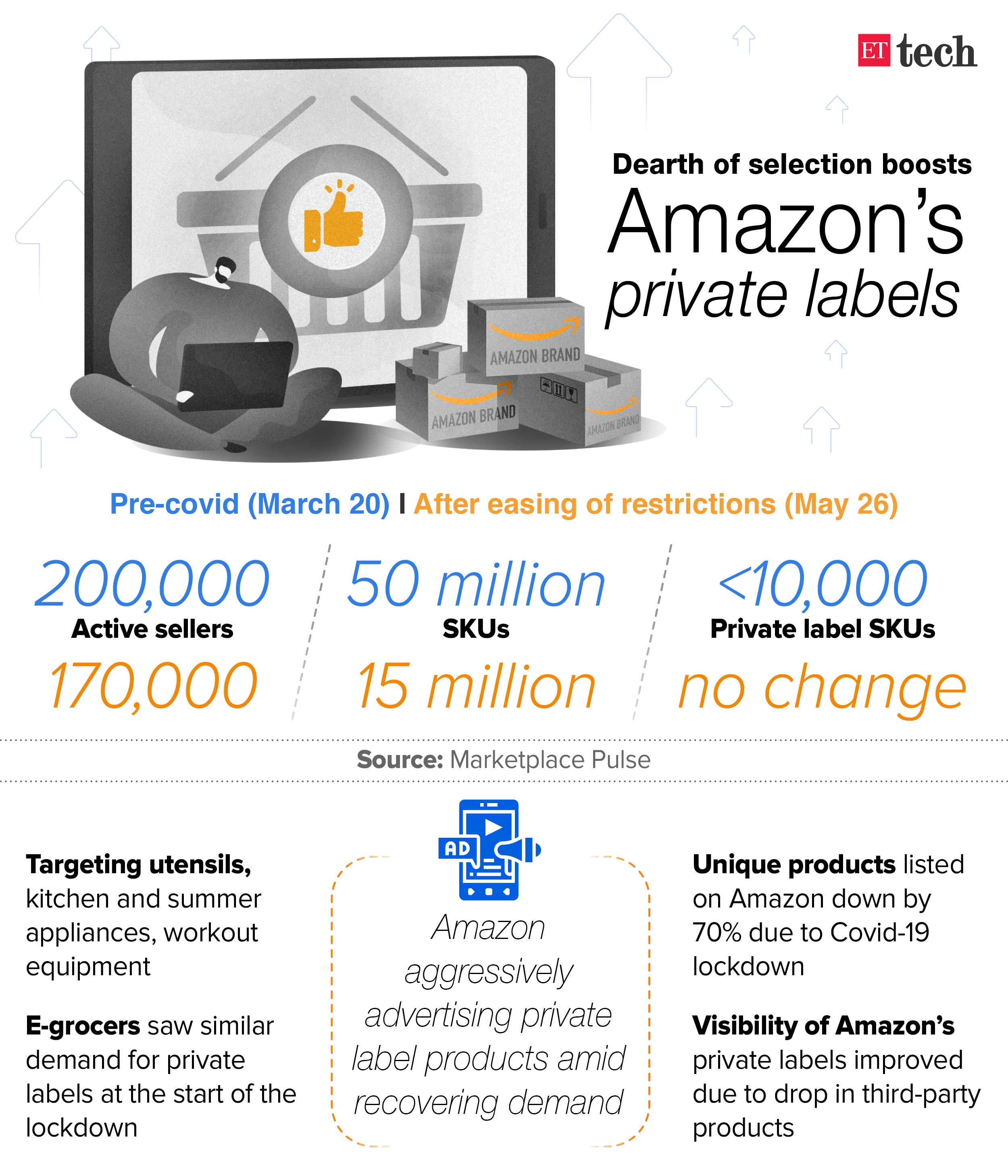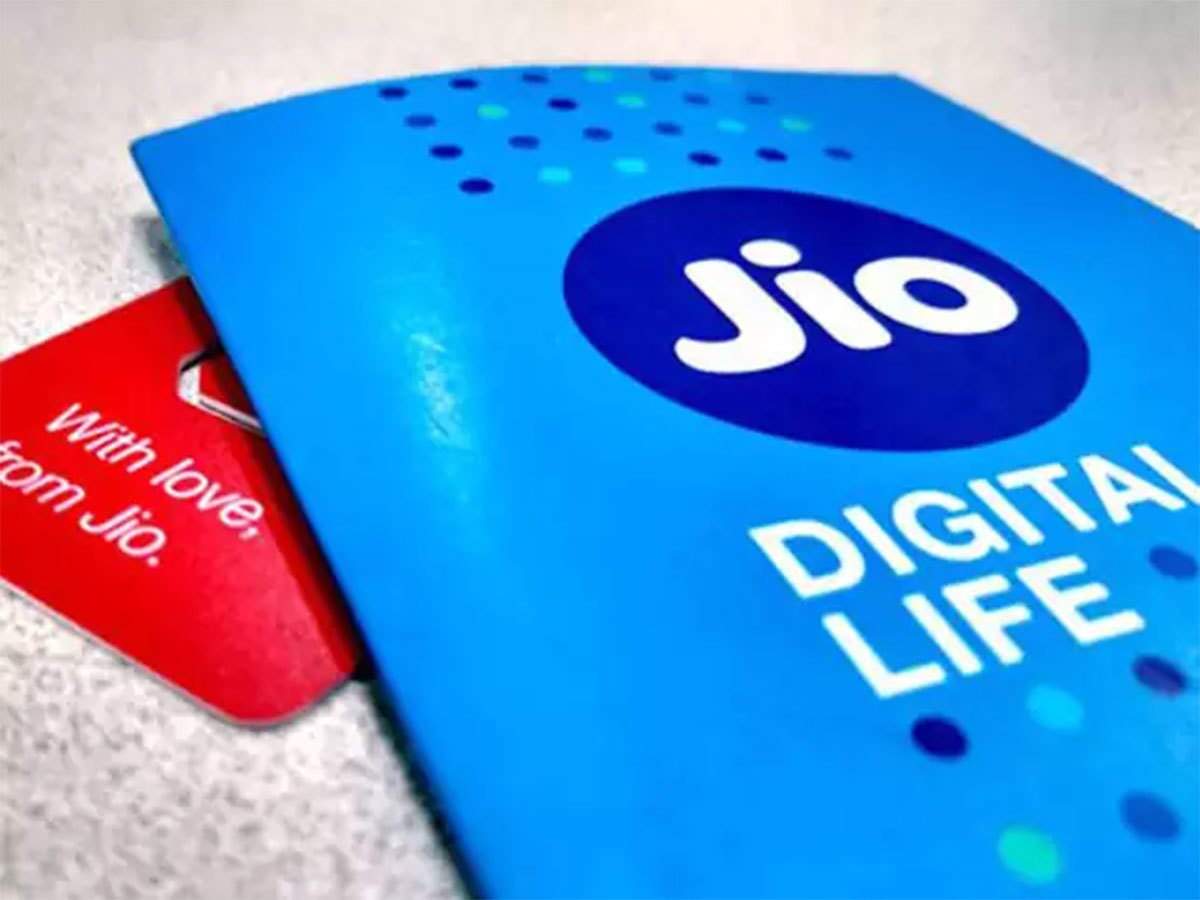Happy Thursday!
India’s strict nationwide lockdown ensured that public transport remained off the roads for over two months, restricting commute options for healthcare workers, civic authorities, and delivery executives. Some states are now contemplating a cap on the number of passengers who can travel at any given time.
As businesses and mass transit systems reopen gradually, people are likely to think twice before catching a bus, train or metro to work. And at a time when ride-hailing services are switching off air conditioners because of the Covid-19 pandemic, self-drive shared scooters can provide safe and affordable mode of transport for commuters. No wonder that scooter rental startups are stoked about the future.

Riding high
Businesses like Bounce, Vogo, and Yulu expect to see an uptick in adoption of two-wheelers owing to social distancing norms. Another reason these startups are upbeat about the rental economy is because disposable incomes have taken a hit due to unprecedented layoffs and salary cuts. Also, shared two-wheelers can be more efficient and provide low-cost rider-friendly alternative to public transport.
Highly quotable
“India needs to prioritize sustainable mobility solutions that can help combat the challenges of social distancing and hygiene while ensuring economic activity resumes safely.”
– Amitabh Kant, CEO, Niti Aayog
Read the full story here.

Selling like hot cakes
Amazon’s private labels such as Amazon Basics, Solimo, Presto and Symbol among others have seen higher sales on account of steady availability of these brands. A steep reduction in product availability from other manufacturers has aided growth of the retail giant’s in-house.
Even as a significant number of active merchants have returned to ecommerce marketplace Amazon over the last three weeks after restrictions on shipping non-essential goods were relaxed, the number of unique products available on its platform is lower than what it was prior to the nationwide lockdown.

Why did it happen?
Analysts and industry executives pointed out that it has been far easier for ecommerce companies to maintain supply of private label products since they control manufacturing and procurement, as opposed to having to work with third-party sellers and manufacturers who are currently facing working capital, raw material and labour shortages. Read more.

Insta cash
Social media app Instagram is rolling out new features that will enable content creators to make money directly from the platform, as it looks to retain talent amid growing competition from rivals TikTok and YouTube. The Facebook-owned video and photo sharing platform will start sharing revenue with creators through ads on its long-form video service IGTV and purchase of digital badges on Instagram Live.
By the numbers
- Instagram will share 55% of advertising revenues.
- The social media platform will share 100% of the money made from badges during the initial test phase
- It will start testing three badges priced $0.99, $1.99 and $4.99 with creators and businesses.
- Instagram Live witnessed a 70% increase in views from February to March this year.
With badges, creators will be able to monetize their Instagram live streams, which has seen significant traction with people staying at home due to lockdown curbs. Read more.

Jio juggernaut
Abu Dhabi state fund Mubadala Investment Company is in talks to invest about $1 billion in Reliance Industries’ Jio Platforms, according to Reuters.
The holding company of India’s largest telecom operator—Reliance Jio Infocomm—struck its fifth deal in a month when private equity firm KKR agreed to invest Rs 11,367 crore in the company for a 2.32% stake last week. The digital and telecom unit of RIL has raised Rs 78,562 crore from five investments. Read more.
Movie and event ticketing platform BookMyShow said about 270 employees across various functions and teams will be impacted as part of its downsizing exercise. The company, which was valued at about $800 million during its last funding round in 2018 and which counts the likes of SAIF Partners, TPG Growth and Accel Partners among its list of investors, did not provide a breakup of the number of employees who had been fired, and those put on furlough.
Why it matters
The company that has lived through the dot com bust of the early 2000s and the global financial crisis of 2008 said it knows that this crisis is going to run deep and long and consumption of out-of-home entertainment will bear the brunt for the foreseeable future.
“We are constantly pushing ourselves to not choose a path of no-return, but given this extraordinary situation of such magnitude, with no let-up in sight, we have had to resort to the task of reducing our costs to align them with what we believe will be greatly reduced revenues in the months to come,” Ashish Hemrajani, Founder & CEO of BookMyShow, wrote in an email to employees.
BookMyShow joins the likes of homegrown ride-hailing major Ola, hospitality chain Oyo Hotels & Homes, food delivery majors Zomato and Swiggy, and B2B ecommerce company Udaan — among the most high-profile consumer internet companies to have raised millions of dollars in funding — to slash employee numbers. Read more.
(Illustrations and graphics by Rahul Awasthi)

Leave a Reply